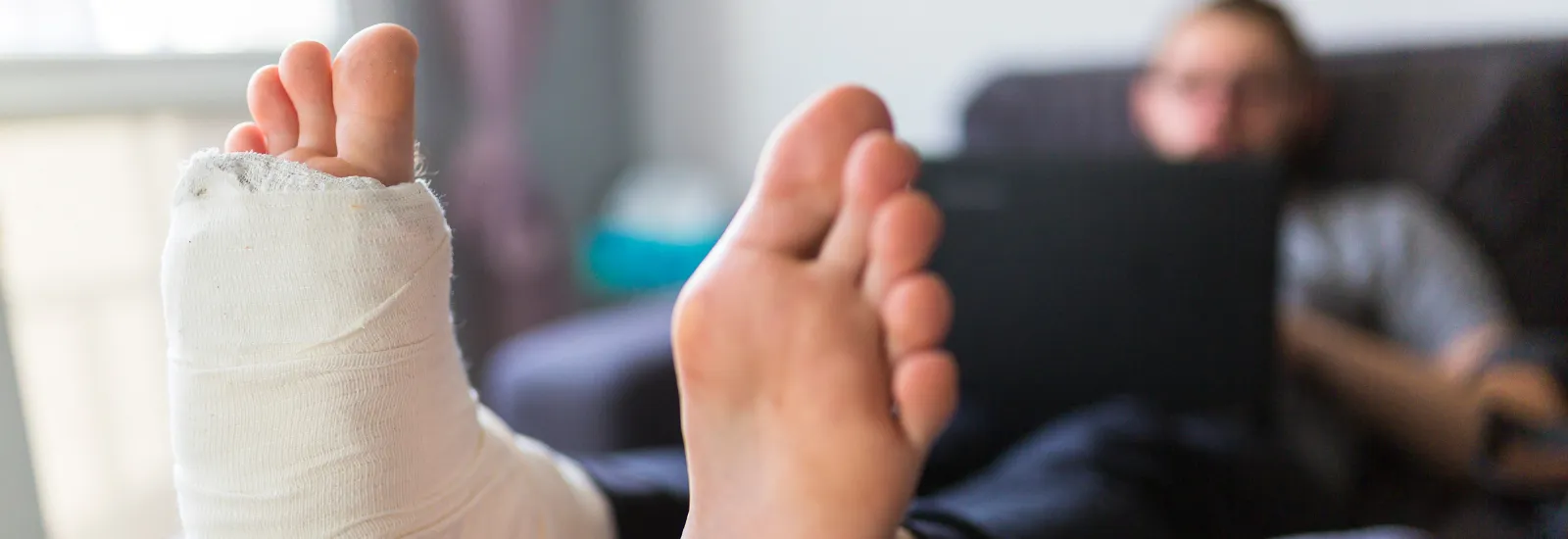
Recovering after orthopedic surgery
What is orthopedic
surgery? Orthopedic surgery is a broad category that includes surgeries related
to the musculoskeletal system, which includes your joints, bones, tendons,
ligaments, muscles, and nerves.
Common orthopedic surgeries include:
- Carpal tunnel release
- Knee replacement
- Joint replacement in the hip and knee
- Rotator cuff repair
Every orthopedic
surgery is different, but they fall into two broad categories: traditional or
robotic-assisted. Depending on the procedure, you may need to stay in the
hospital overnight or go home the same day. All orthopedic surgeries, however,
share similarities during the recovery phase.
Pain management
You should expect to
feel some pain following orthopedic surgery, but there are many options for relief, including medications and medication-free choices. Your provider will work with you to
control your pain.
Your pain levels may
vary from day to day or at different times of the day no matter which
treatments you use.
Surgical wound care and blood clot prevention
Every orthopedic
surgery involves an incision of some type. Yours may be less than an inch or
several inches long. Your provider will give you instructions about how to care
for your incision and prevent infection.
Talk with your provider
right away if your surgical wound:
- Becomes more painful
- Becomes swollen
- Develops thick, foul-smelling, green, or yellow liquid or pus
- Gets redder
- Looks dried out or dark
Surgery also increases
your risk of developing a blood clot, such as deep vein thrombosis. People who
have leg surgeries are especially at risk. Your surgeon will let you know what
to do to
Rehabilitation after surgery
You may need to avoid
certain activities for a period of time after surgery, such as lifting anything
over a certain weight after shoulder surgery or leaning on your leg after a
knee or hip replacement. It is essential to follow your surgeon's instructions
to avoid complications.
In time, you will
likely start a home exercise program and go to physical therapy to strengthen muscles,
maintain movement in your joint, work on balance, and other issues.
You may also receive occupational therapy to help complete
everyday tasks such as bathing, dressing, and using the bathroom. These
sessions will teach you how to protect your joints, save your energy, and
prevent further injury. Your occupational therapist may also show you how to
use crutches, a cane, or a
walker
so you can stay as independent as possible while decreasing your risk of
injuries.
Support and assistance
Some people need to
stay at an acute rehabilitation
facility
after surgery for 24-hour support. People who go home after surgery also need
support from others — at least for a few days to help with cooking, bathing,
taking care of pets, and other tasks. It's a good idea to set up a care
schedule before surgery.
It's also helpful to
have someone to talk with afterward as some people experience depression after
orthopedic surgery. If you're struggling emotionally during recovery, ask your
provider for support. Your mental health is just as important as your physical
health.
The recovery time needed after an orthopedic surgery varies from person to person. Healing time may be impacted by the type of surgery and other factors, such as having another health condition.
The experts at Reid Health Comprehensive Bone & Joint
Center
provide exceptional orthopedic care — from surgery to recovery. Request an appointment to discuss orthopedic
surgery.

